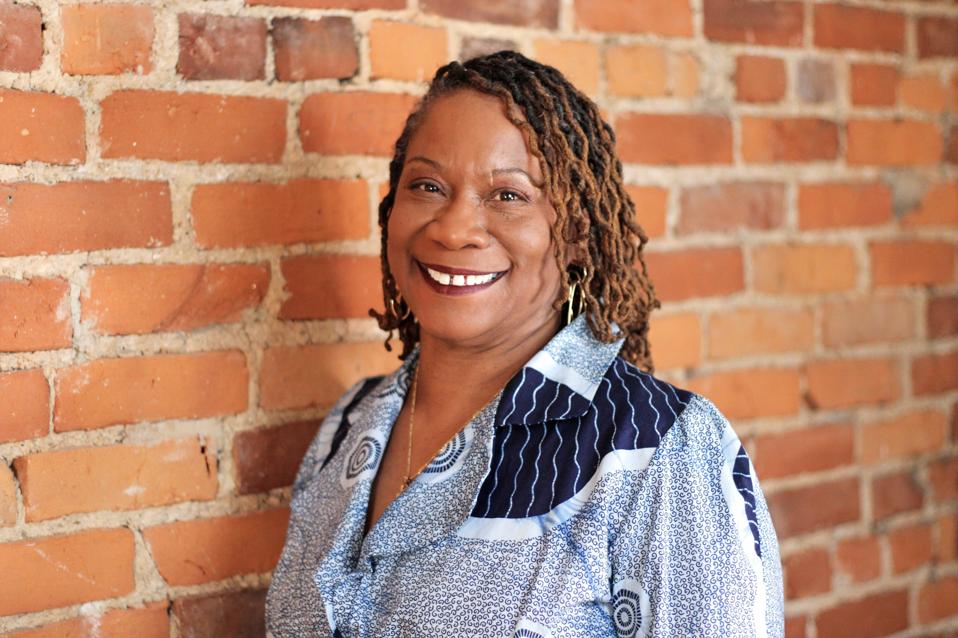As lawmakers and activists continue to target diversity, equity, and inclusion (DEI) programs, Rochelle Peterson, founder of Perceptions Unlimited, has watched something striking happen. As the rhetoric intensifies, the need for meaningful work around equity and belonging is even more compelling. She shared, “Backlash doesn’t stop any of this. If anything, it makes it more urgent.”
Peterson is not interested in narrowing the definitions and work of DEI into compliance. Her approach is rooted in something significantly more basic: the full humanity of the people within institutions. When I interviewed her, she stated, “I don’t enter through the door of guilt, compliance, or ‘teaching with diversity.’” I enter through the humanity of the individual.”
Peterson’s work is based on decades of experience in higher education, a thorough understanding of justice-centered leadership, and a background in transformational coaching. She brings these experiences together with an intentional focus on Black and Brown professionals, whose strengths are often celebrated but whose exhaustion and self-sacrifice go unaddressed. As she noted, “I help people shift from survival-based resilience to life-giving strength.” This kind of shift, in Peterson’s view, is what allows individuals and institutions to move beyond performance toward something more sustainable.
Peterson shared, “I help organizations prioritize mental and emotional health of human beings, especially those who have identities different from those making decisions who affect their lives.” Her work with medical school faculty is a strong example of this approach, as she found herself repeatedly saying, “Equity and inclusion are a healthcare imperative” while engaging with medical schools. For Peterson, ignoring the emotional aspect of institutional life isn’t an option.
When I talked with Peterson, she referred to having a “superpower.” For her, this is the ability to facilitate self-discovery. Rather than focus on corrective behavior, she invites people to examine their thoughts, anchor themselves in what matters, and choose healthier patterns. As she shared, “Everything that is created through Perceptions Unlimited is filtered through that lens.” Based on her experience, she believes that reflection, honesty, and personal grounding are precisely what most DEI efforts overlook.
According to Peterson, she has trained enough faculty, staff, and executives to recognize the patterns of resistance. Specifically, she stated, “Most DEI workshops are designed to correct people, not develop them.” When people expect to be judged, blamed, or forced to defend themselves, they shut down. Peterson emphasized that when people cannot see how DEI relates to their daily responsibilities, they tend to disengage.
She added that when people fear discomfort, change, or loss of power, they retreat. And when they have only experienced DEI as a compliance measure, they assume it has nothing to do with leadership. Peterson believes the resistance softens when people feel acknowledged rather than accused. She stated, “People lean in when they feel seen, not attacked,” and she focuses on self-examination and genuine connection. Peterson then sees people begin to recognize their own patterns rather than scanning for someone else’s.
As colleges and universities face federal and sometimes state pressure to step back from DEI, Peterson argues the opposite. She told me, “Higher education shapes the people who shape the world. If colleges and universities do not model equity, belonging, a nd inclusive leadership, they reproduce harm at scale.”
From Peterson’s perspective, DEI is essential in higher education because it equips faculty, staff, and administrators to understand the consequences of their choices. It helps people notice habits that unintentionally exclude students. It strengthens leaders’ ability to build cultures that reduce burnout, bias, and turnover, while enhancing overall well-being. And it supports Black and Brown students, as well as other marginalized groups, by creating learning environments that affirm their humanity.
Peterson also emphasizes the need to integrate resilience, well-being, and healthy ways of navigating systems that can be exhausting for both students and staff. The pressure on campuses is heavier, encompassing academic, emotional, and financial pressures. Ignoring the strain on people does not make it disappear.
Despite the politicized climate, Peterson remains committed to asking the difficult questions of the institutions she serves. She also recognizes that her perspective is shaped by the questions she asks herself. Any question that she asks of others, she first asks herself. Peterson keeps returning to what sparked her on the DEI path, the people whose lives are shaped by the everyday decisions of large systems. That focus has kept her clear about her mission.
As campuses decide what they value and what they will allow to disappear, Peterson’s message feels straightforward: institutions are responsible for the environments they create. In her view, that responsibility does not disappear when politics intensify. It becomes more urgent.

